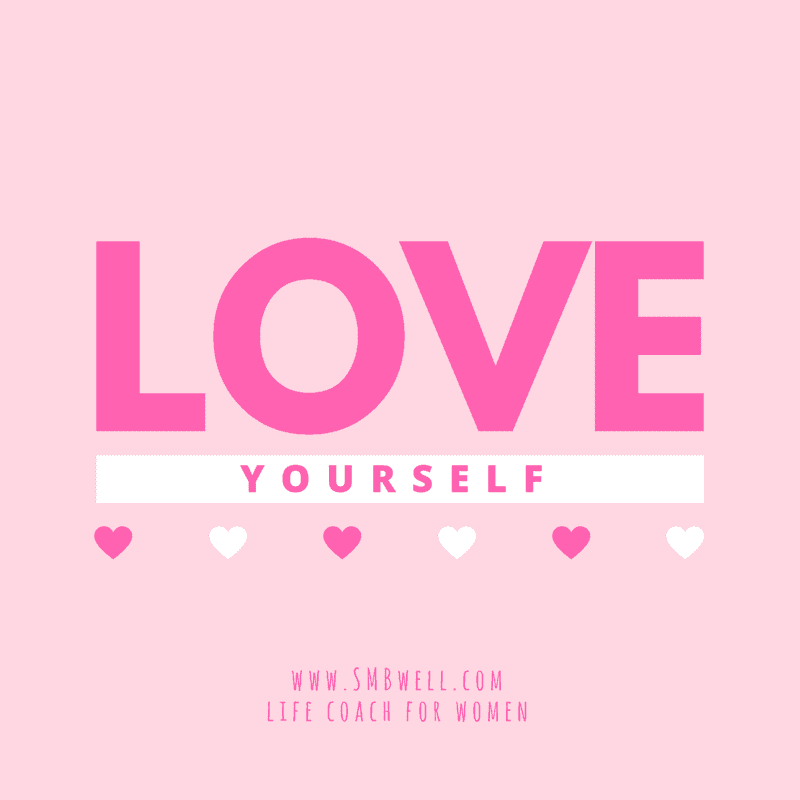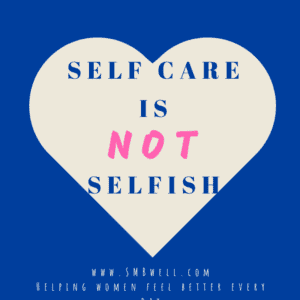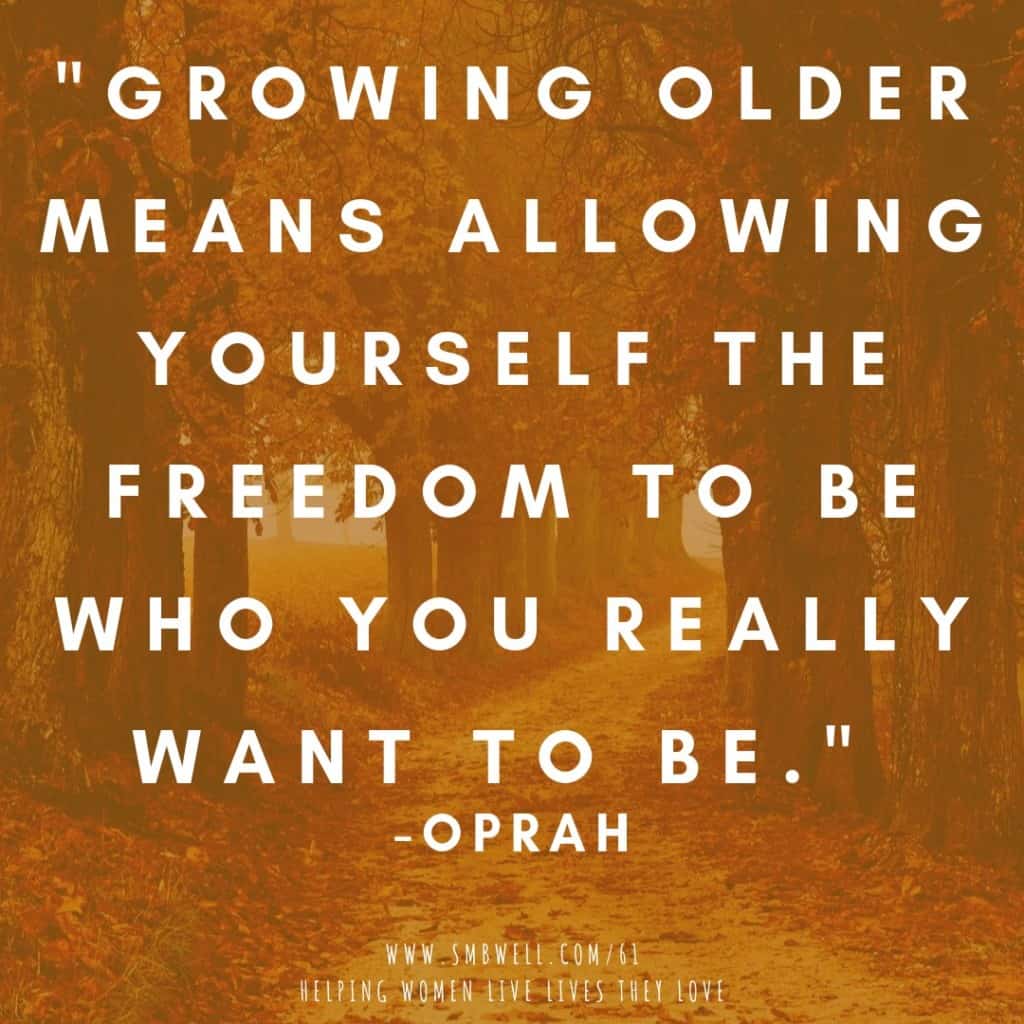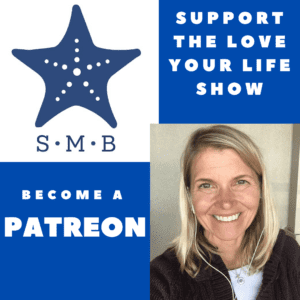Podcast: Play in new window | Download
Subscribe: Apple Podcasts | Spotify | Amazon Music | RSS | More
Manuals 201
Within our relationships, it’s important to eliminate manuals. Today, learn how to use the manual concept as a way to care for yourself. What are manuals? The way that I”m using them is to explain the unwritten rules and expectations we have for the relationships we’re in. They sound like “a good husband should…” or “a responsible daughter would….”. Learn more about them in last week’s blog, found here, or in last week’s podcast, found here.
Generally, manuals are unhelpful in relationships with others. At best, they are unspoken expectations and agreements that you have for the other person. At worst, they set you up for feelings of disappointment, frustration, and even resentment. Don’t miss last week’s episodes as you will want to insure you are aware of the manuals you have so that you can begin to eliminate them.
Care For Yourself
With this in mind, you may believe that manuals are inherently destructive and there isn’t room for them in relationships. While this is true for the majority of time, a certain kind of manual is one of the best tools to care for yourself.
Listen in to hear:
- Brene Brown’s theory on Belonging and Authenticity
- What may come up for you when you begin to write your manual (and why),
- How high functioning codependency, being a “Good Girl”, and even the patriarchy may affect your manual
- How your manual is an evolving masterpiece, versus a finished project,
- How your manual can help you feel more connected in your relationships,
How To Get Started
Given these factors, the way to get started is to get started. Jump in. Grab a piece of paper and start to learn about yourself. Here are some question to get you started.
- What do you like to do in your free time?
- When in the day do you feel most energetic?
- What amount of sleep is best for you?
- What are you doing when you lose track of time?
- How do you best learn? Reading? Writing? Verbally? Visually? Combination?
- What helps you when you feel overwhelmed? Anxious? Stressed?
- Do you process your thoughts and emotions internally or externally?
- What are some things you notice about yourself and your behavior that tell you you’re not taking care of your wellness?
- Which foods best support your body?
- Which foods upset or slow your body down?
Keep Going!
- What are some signs that you’re over extended or that you’ve taken on too much?
- What brings you joy?
- What does your ideal weekday look like?
- What does your ideal weekend day look like?
- Who do look forward to being around or speaking with? Why?
- What do you need when you’re stressed?
- What makes you feel connected to your partner?
- If you had a day all to yourself and completely free, what would you do?
- How do you support your mental and emotional health on a daily basis? On a broader basis?
- What’s your favorite food to have at home for breakfast? lunch? dinner?
- When you’re alone, do you like silence? Noise? What kind?
- If you could travel wherever you wanted, where would you go? What would you do?
- When you wake up in the morning, what are some of your first thoughts?
- When you go to bed at night, what are your last thoughts?
- What would you like to be different in your life?
If you have additional questions or prompts that help you construct your manual, please share them in the comments below. As we’ve noted, we are all in the process of this learning about ourselves business. I plan to keep my beginner’s mindset for at least the next 50 years.
Resources Mentioned:
Support the Love Your Life Show here!
Blog Post on Manuals in Relationships
Free Facebook Warrior Women Group








